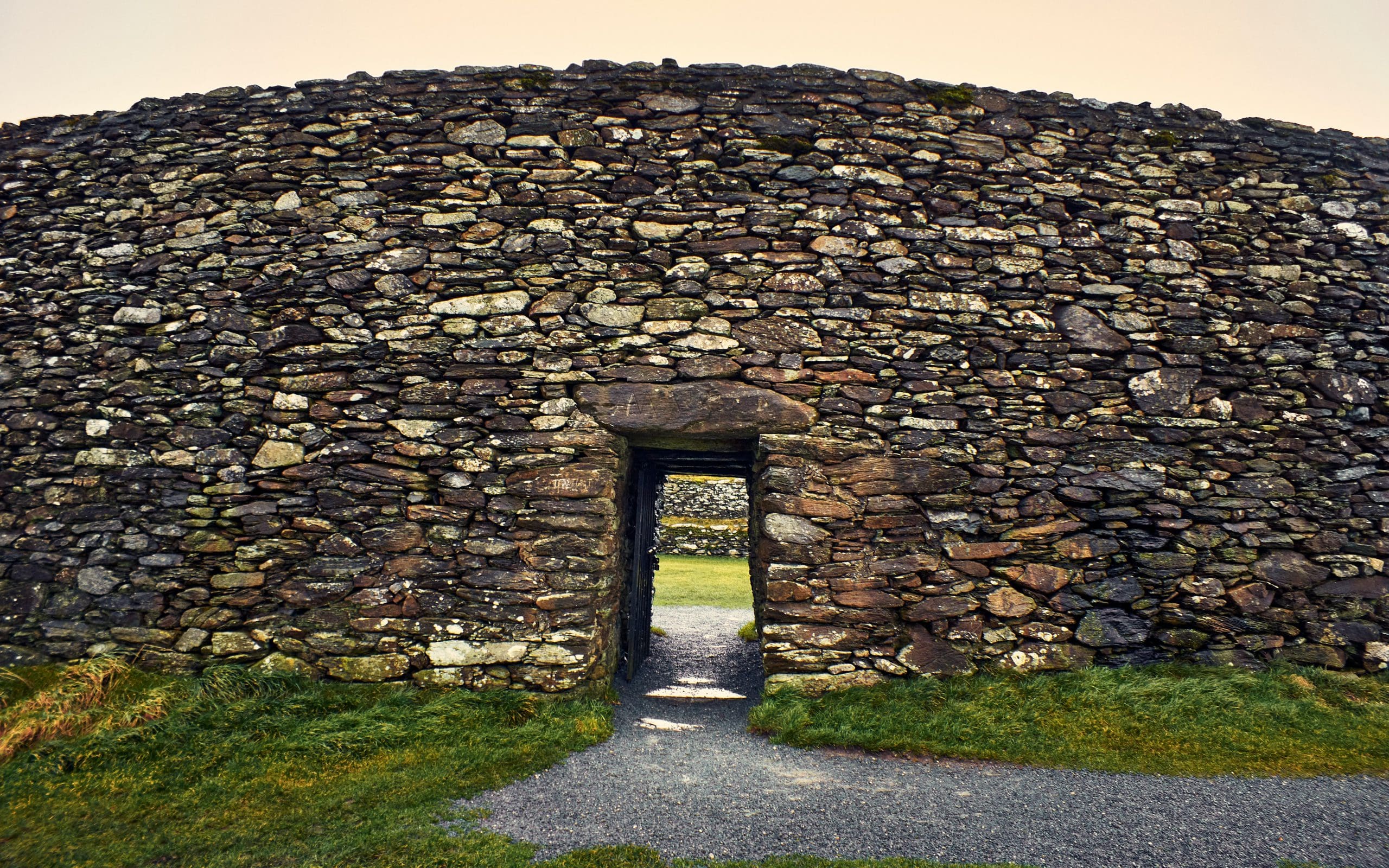
Media literacy for refugee, asylum seeking and migrant women


IDP are currently involved in an ERASMUS+ funded project with European Partners. The project aims to contribute to the integration of refugee, asylum seeking and migrant women, who face a greater risk of social exclusion (double discrimination), in 6 EU Member States (Austria, Greece, Ireland, Italy, Malta & the UK) with large numbers of refugees/asylum seekers and migrants, by building their competences – knowledge, skills & attitudes – needed to access, interpret, use and/or produce information and other media content, in the context of the internet & social media, and in a safe and responsible manner. More specifically, the project aims at:
- Enhancing the media & digital competences of low-skilled/low-qualified refugee, asylum seeking & migrant women through innovative learning tools, and
- Encouraging low-skilled/low-qualified refugee, asylum seeking & migrant women to develop and upgrade their media & digital literacy skills through effective outreach-awareness raising.
Media can facilitate the integration of refugees & migrants by providing access to information about available education, health or other services, about political and administrative information on the host country, and support systems/organizations available.
They can also support the learning of the host country language, looking for a job, getting qualifications recognized.
At local level the project will build the competences of low-skilled/low-qualified refugee/asylum seeking and migrant women enabling them to access, interpret, use and/or produce information and other media content, in the context of the internet & social media, thus enhancing the use of media by the women for more advanced purposes such as looking for a job, learning the language of the host country, accessing information about available services or political/administrative information, and promoting their integration into the relevant networks, socio-economic activities and institutions of the host countries. In this way poverty and social exclusion will be reduced.
Migrants/refugees associations and organizations working for the integration of refugees, asylum seekers and migrants (especially women), will be equipped with new methodologies and tools so that they can provide improved and more targeted services to their target groups.
Relevant local, regional or national authorities will have access to improved methodologies and tools which can be mainstreamed in the local, regional or national integration and social inclusion practices and/or education systems to ensure that refugees and migrants can actively participate and contribute in EU societies.
To see more about this project see : https://medlitproject.eu/project_en/
